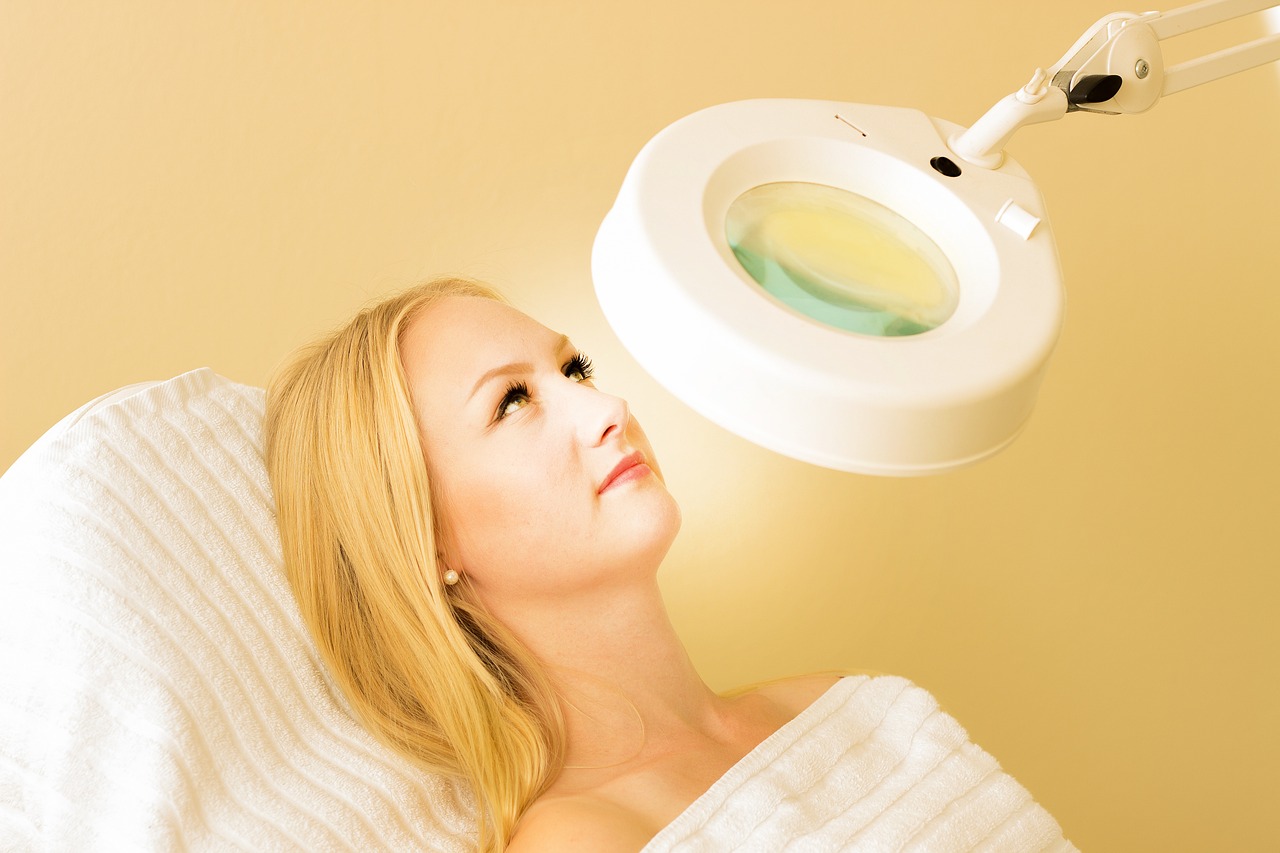Hyperpigmentation, characterized by the uneven darkening of the skin, is a common concern that affects individuals of all skin types. Whether caused by sun exposure, hormonal changes, or inflammation, dealing with hyperpigmentation requires a tailored approach. In this guide, we'll delve into the intricacies of hyperpigmentation, exploring its causes, types, and effective strategies for treatment.
Understanding Hyperpigmentation:
Hyperpigmentation occurs when there's an overproduction of melanin, the pigment responsible for skin color. This excess melanin leads to the formation of dark spots or patches on the skin. Understanding the root causes of hyperpigmentation is crucial for selecting the most appropriate treatment.
Types of Hyperpigmentation:
Sun-induced Hyperpigmentation: Prolonged exposure to UV rays stimulates melanin production, resulting in sunspots and freckles. Learn how to protect your skin from harmful sun damage and prevent further pigmentation.
Hormonal Hyperpigmentation (Melasma): Hormonal changes, often associated with pregnancy or birth control use, can lead to melasma. Discover effective strategies for managing melasma, from topical treatments to lifestyle adjustments.
Post-Inflammatory Hyperpigmentation: Dark spots left behind after skin inflammation or injury fall into this category. Explore ways to speed up the healing process and fade post-inflammatory hyperpigmentation.
Key Ingredients in Hyperpigmentation Products:
Choosing the right products is essential for tackling hyperpigmentation effectively. Look for ingredients like:
- Vitamin C: Known for its brightening properties.
- Niacinamide: Helps to even out skin tone.
- Alpha Arbutin: Targets dark spots without irritation.
Tips for Using Hyperpigmentation Products:
Proper application of hyperpigmentation creams is crucial for optimal results. Follow these tips:
- Consistency is Key: Use products regularly to see improvements.
- Layering Products: Understand how to layer products for maximum efficacy.
- Sunscreen is Non-Negotiable: Always use a broad-spectrum sunscreen to prevent further pigmentation.
DIY Remedies for Hyperpigmentation:
Explore natural remedies to complement your skincare routine:
- Turmeric Face Mask: Known for its anti-inflammatory and brightening properties.
- Lemon Juice: A natural exfoliant that may help lighten dark spots.
Professional Treatments for Hyperpigmentation:
For more intensive care, consider professional treatments such as:
- Chemical Peels: Exfoliate the skin to reveal a brighter complexion.
- Laser Therapy: Targets specific areas of hyperpigmentation for precise treatment.
Lifestyle Factors and Hyperpigmentation:
Maintaining overall skin health goes beyond skincare products. Learn how factors like diet, stress management, and adequate sleep contribute to a radiant complexion.
Conclusion:
Effectively managing hyperpigmentation involves a combination of understanding its causes, choosing the right products, and adopting a holistic approach to skincare. By incorporating these insights into your routine, you can embark on a journey towards achieving a brighter, more even skin tone. Remember, individual responses may vary, so it's advisable to consult with a dermatologist for personalized advice. Embrace the journey to healthier, radiant skin with confidence!








0 Comments